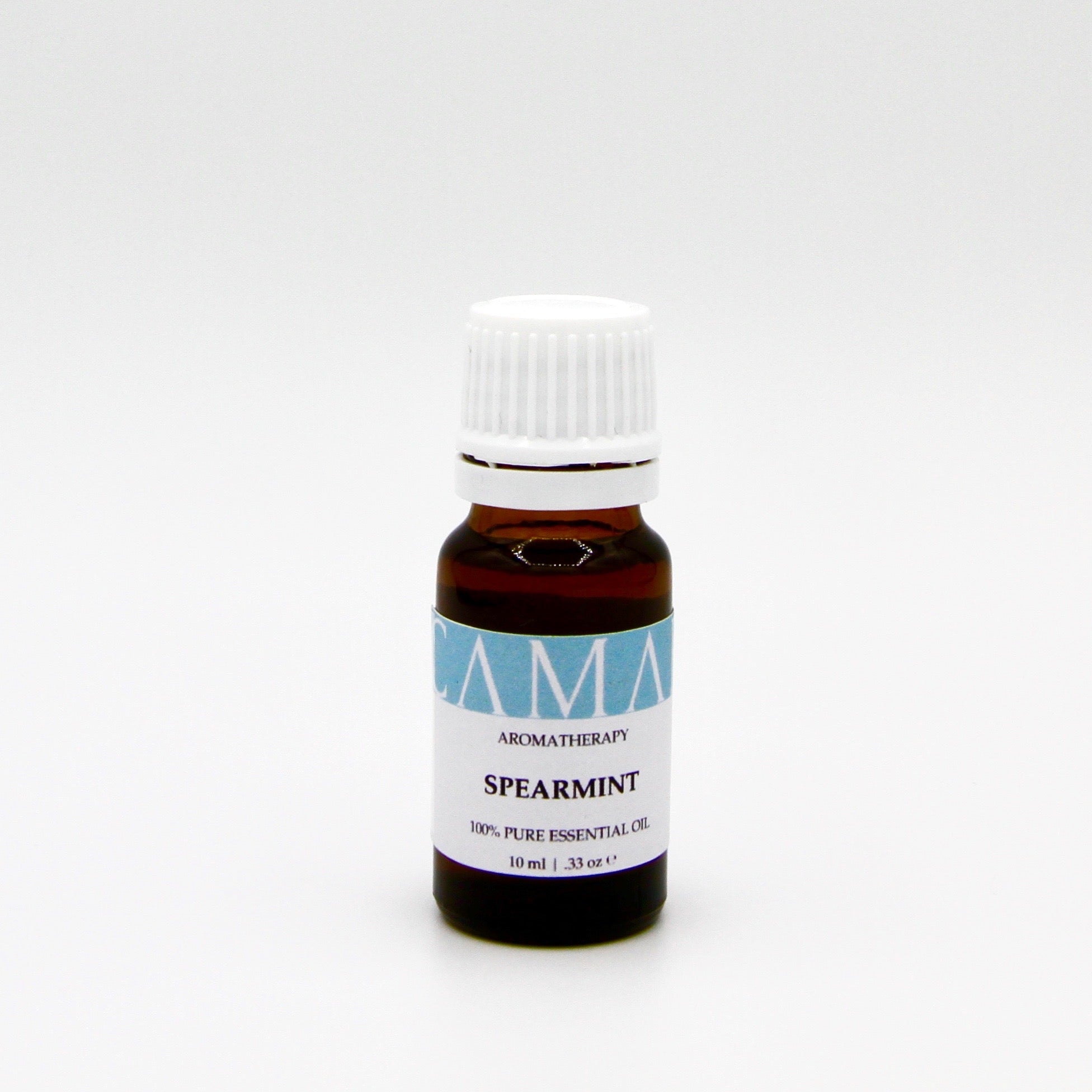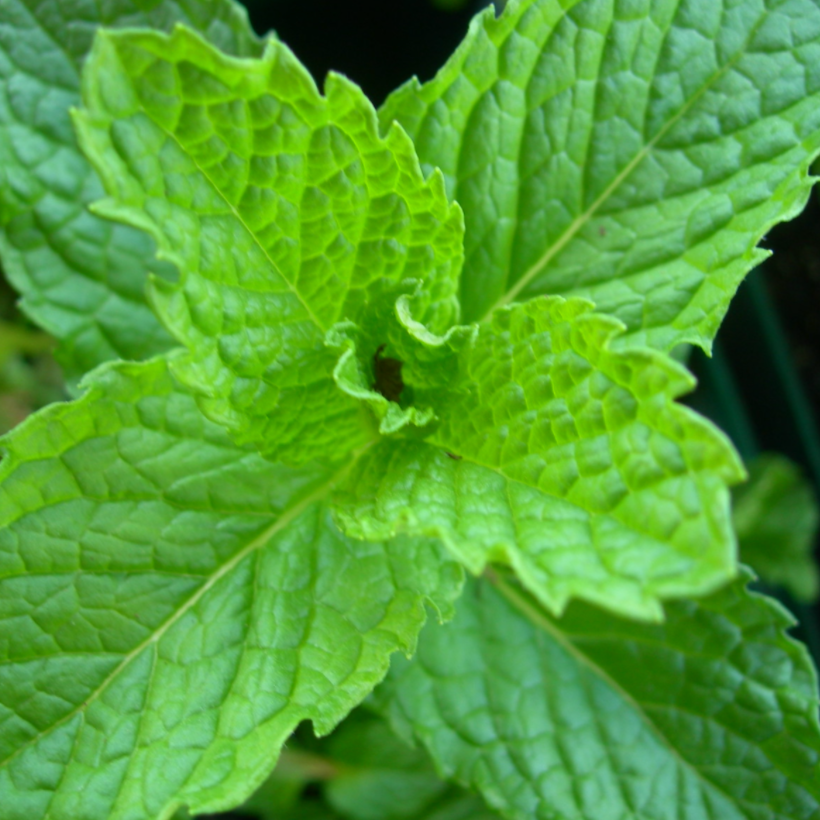

Spearmint is a popular flavouring agent, recognised around the world - as we use the flavour daily in toothpaste and chewing gum. The main use of Spearmint oils is for flavouring oral care products, can be blended with Peppermint to be marketed as "double-mint". Also, a milder alternative to the stronger Peppermint Oil. Brought to the New World by colonists, it has a light flavor, without the bite of Menthol. It has sharply pointed, toothed, lance-shaped leaves, and is one of the most common garden mints.
It is also sometimes listed as Mentha viridis, and known commonly as Common Spearmint, Garden Spearmint, Green Mint, Lamb Mint, Pea Mint, and Fish Mint.
Easily grown in most temperate climates, suitable for culinary, medicinal and cosmetic use. In Spearmint, there are 100 components, with 10 being characteristic for taste and smell. The US consumes 50% of the worlds production of spearmint oil, with approx. 2,000 tonnes produced annually.
A refreshing oil that is subtly suitable for children's maladies. Helping in aromatic respiratory, digestive, immune and nervous system support. That may ease asthma, bronchitis, sinusitis, colic, dyspepsia, flatulence, nausea and vomiting disorders. Along with with colds, flus and fevers, and to stimulate, ease, refresh and encourage the mind. Can be added in skincare for acne, dermatitis and congested skin.
Safety Precautions : Flammable.
Blends well with : Basil, Eucalyptus, Jasmine, Lavandin, Lavender, and Rosemary.
FACT : Spearmint was used as a tonic and scent by ancient Greeks who used it in their bath water. In medieval times it was popular for healing sore gums and whitening teeth. The distilled water is said to have help relieve hiccups, colic, nausea, indigestion and flatulence.
Choose options


